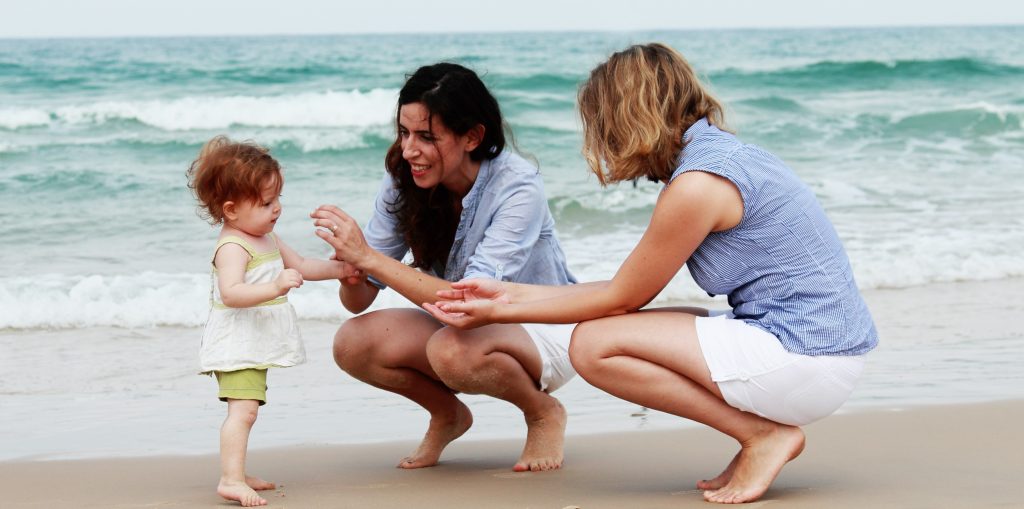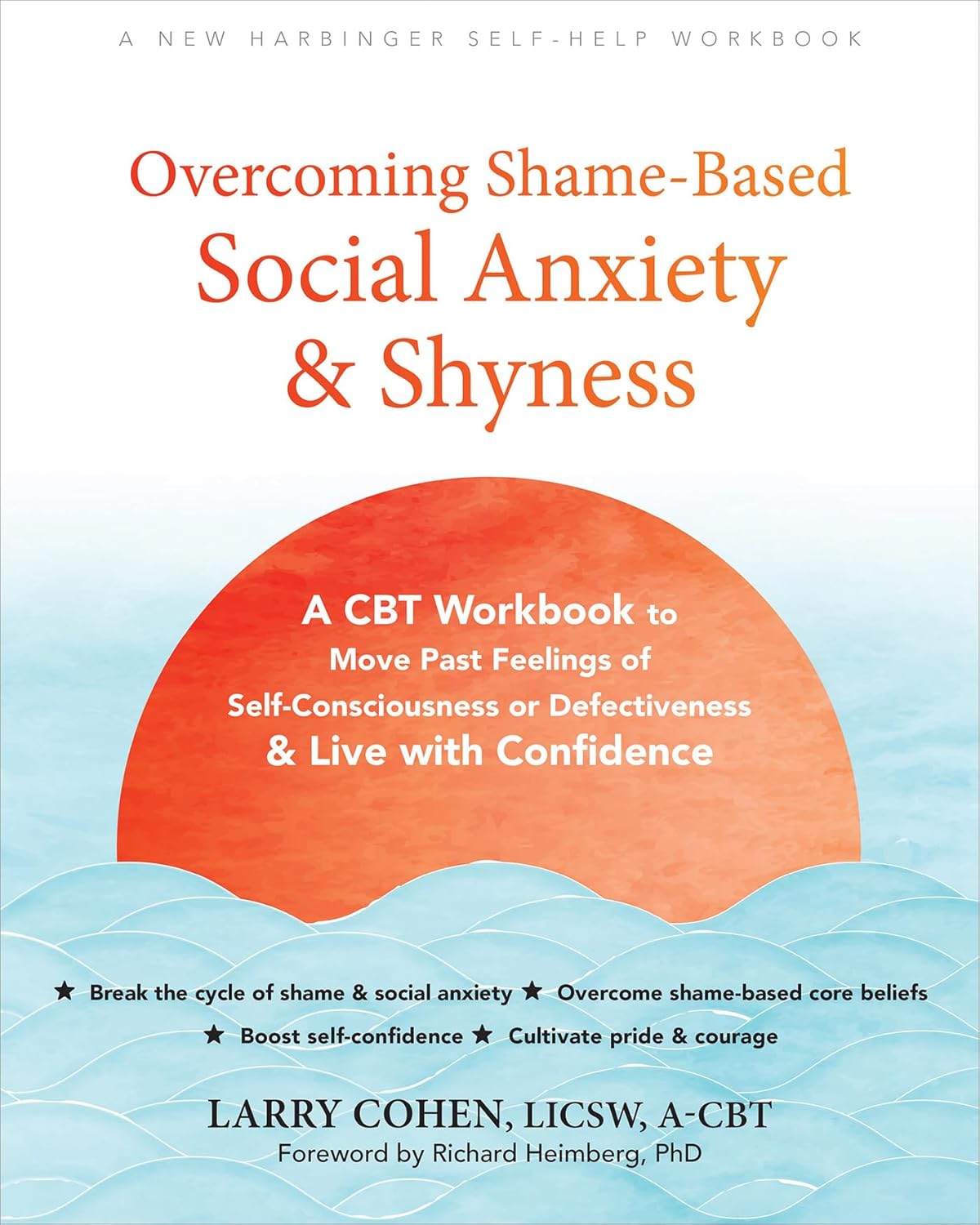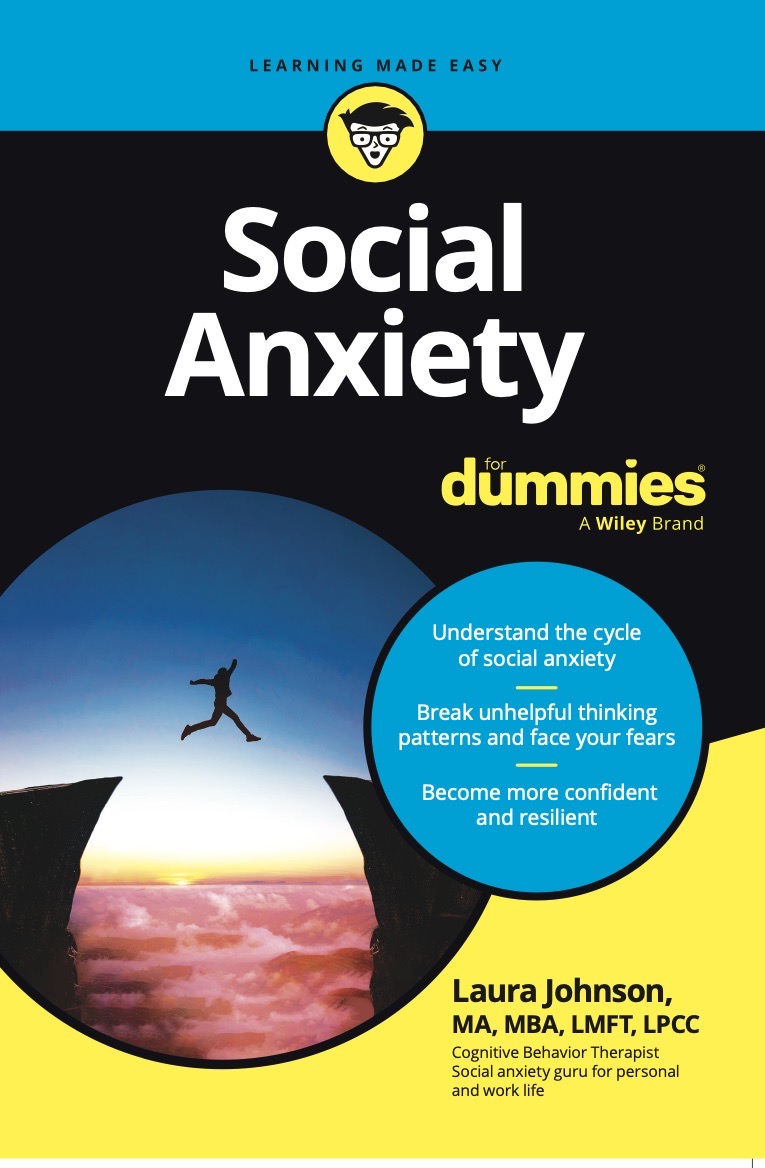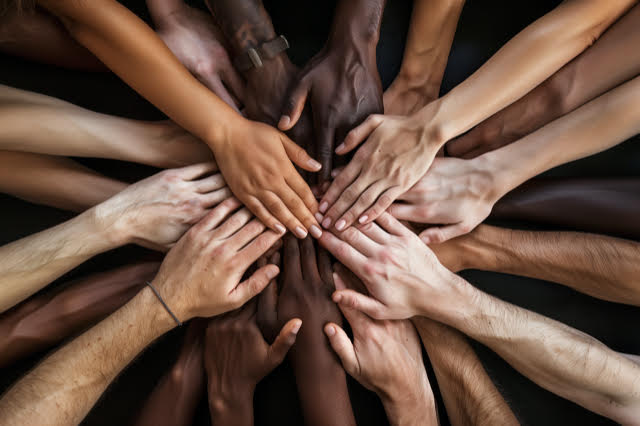
Cognitive-Behavioral Therapy for Social Anxiety is Goal Focused
When you do cognitive-behavioral therapy to help you overcome your social anxiety, you choose specific personal goals to work on, both in therapy sessions and in your self-chosen therapy homework. Common goals that some people choose to work on in social anxiety therapy include:
• socializing enjoyably
• talking to strangers
• meeting people and making friends
• dating and forming relationships
• being physically intimate
• eating, drinking, writing, walking, working, hanging out or dancing when others may be observing
• speaking up in groups and giving presentations
• performing on stage
• being assertive
• revealing personal information about yourself
• interviewing for jobs, networking, and advancing your career
• using public bathrooms comfortably
• feeling less embarrassed and upset by mistakes and social blunders
• feeling less embarrassed and self-conscious about blushing, sweating or other visible anxiety symptoms
• improving your mood and self-confidence




